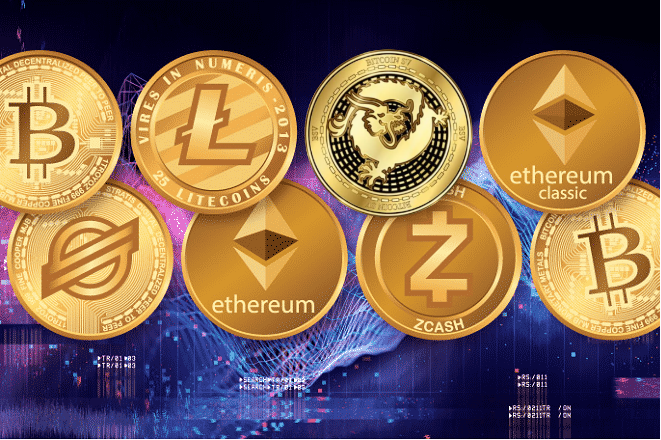The Securities and Exchange Commission (SEC) has postponed issuing further provisional licenses to cryptocurrency startups under its Accelerated Regulatory Incubation Programme (ARIP), attributing the delay to an “additional layer of due diligence.”
Director General Emomotimi Agama revealed this yesterday during a virtual stakeholder engagement hosted by the FinTech Association of Nigeria (FintechNGR), acknowledging the slow pace and apologizing to applicants. He stressed that the extra scrutiny is a necessary regulatory process to address crucial issues within the burgeoning crypto ecosystem.
Though, he did not provide a revised timeline for the resumption of license issuance, .Agama explained that “important issues” observed since the initial August 2024 provisional licenses necessitated a more thorough “Level 3 due diligence.”
According to him, this extra step, while delaying further approvals, aims to ensure a more robust and secure regulatory framework.
A check indicates that the delay on the part of SEC has left numerous crypto startups in regulatory limbo, particularly those who applied under ARIP in June 2024 and those awaiting the program’s reopening.
Agama pointed out that regulatory oversight of the sector extends beyond the SEC, involving collaborations with the Economic and Financial Crimes Commission (EFCC), the Nigerian Financial Intelligence Unit (NFIU), and the Office of the National Security Adviser (ONSA), each with independent processes.
“This multi-agency coordination, while crucial for combating money laundering and terrorist financing, has significantly contributed to the licensing delays,” he said.
Despite the recent passage of the Investment and Securities Act (2025), which officially recognizes cryptocurrencies as securities under the SEC’s jurisdiction, the path to regulatory clarity remains uncertain. The delay in issuing licenses, while justified by the need for enhanced due diligence, leaves many startups in a state of regulatory uncertainty, hindering their ability to legally operate within Nigeria’s digital asset space.


